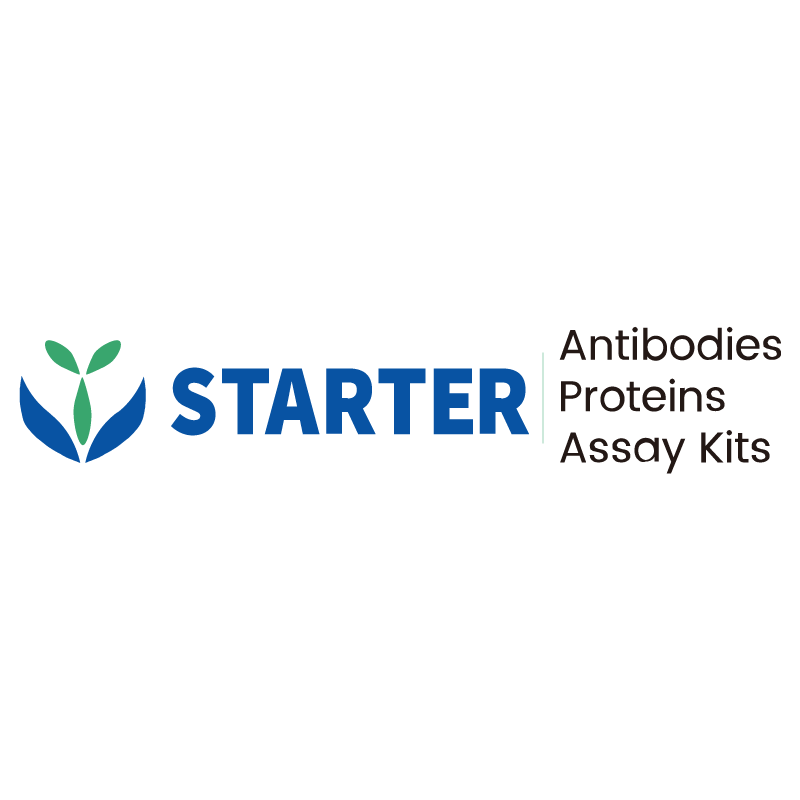Flow cytometric analysis of C57BL/6 mouse splenocytes were stained with stimulated 3 days with 2.5 μg/ml ConA (Right panel) or unstimulated (Left panel) was stained with Brilliant Violet 421™ Mouse Anti-Human CD3 and Percp-Cy5.5 Armenian hamster Anti- Human/Mouse/Rat CD278 Antibody at 5 μl/test treated with True-Stain Monocyte Blocker™. Flow cytometry and data analysis were performed using BD FACSymphony™ A1 and FlowJo™ software.
Product Details
Product Details
Product Specification
| Host | Armenian hamster |
| Antigen | CD278 |
| Synonyms | Inducible T-cell costimulator; Activation-inducible lymphocyte immunomediatory molecule; AILIM; ICOS |
| Location | Cell membrane |
| Accession | Q9Y6W8 |
| Clone Number | S-R578 |
| Antibody Type | Recombinant mAb |
| Isotype | IgG |
| Application | FCM |
| Reactivity | Hu |
| Positive Sample | ConA treated C57BL/6 mouse splenocytes |
| Purification | Protein G |
| Concentration | 0.2 mg/ml |
| Conjugation | PerCP-Cy5.5 |
| Physical Appearance | Liquid |
| Storage Buffer | PBS, 1% BSA, 0.3% Proclin 300 |
| Stability & Storage | 12 months from date of receipt / reconstitution, 2 to 8 °C as supplied |
Dilution
| application | dilution | species |
| FCM | 5μl per million cells in 100μl volume | Hu, Ms, Rt |
Background
CD278, also known as ICOS (Inducible T-cell Costimulator), is a type I transmembrane glycoprotein that belongs to the CD28 family of costimulatory immunoreceptors. It is expressed on the surface of activated T cells, including cytotoxic T cells, regulatory T cells (Tregs), and other types of T cells. Its ligand, ICOSL (B7-H2 or CD275), is found on antigen-presenting cells (APCs) such as dendritic cells and macrophages, as well as on B cells. ICOS functions as a homodimer and plays a crucial role in cell-cell signaling, immune responses, and the regulation of cell proliferation. The interaction between ICOS and ICOSL enhances T-cell activation, proliferation, and differentiation, and is essential for the development of follicular helper T cells (Tfh) and efficient B-cell antibody responses. ICOS has also been implicated in various disorders, including immunodeficiency and autoimmune diseases. In cancer immunotherapy, ICOS expression has been identified as a potential predictive biomarker for responses to checkpoint inhibitor treatments.
Picture
Picture
FC


